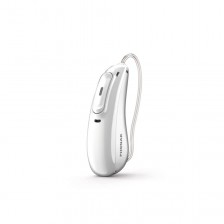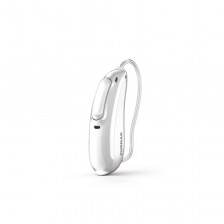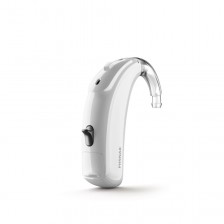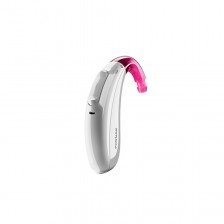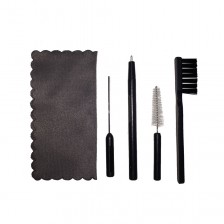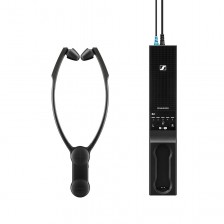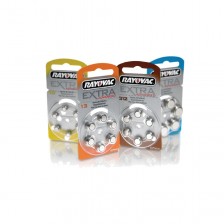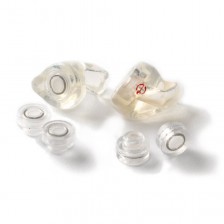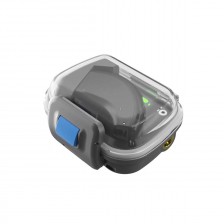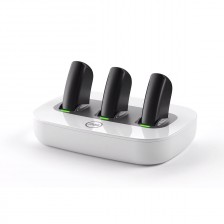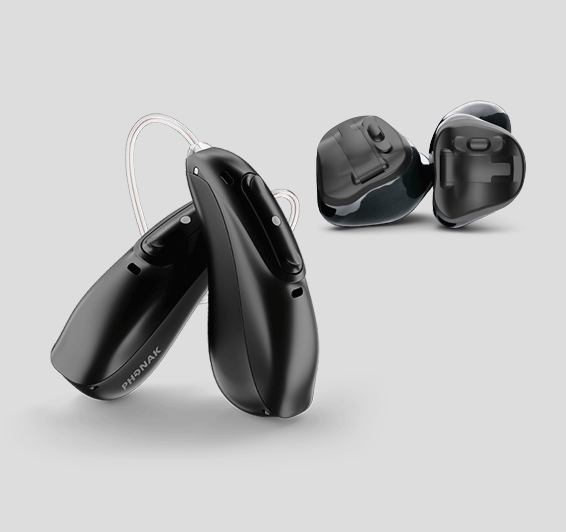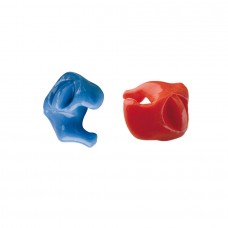What are tinnitus?


Tinnitus is a phenomenon that consists of the perception of an uninterrupted sound that does not come from any external source. It is a subjective auditory perception, because the tinnitus exists, but only within the person who suffers it.
In this post we want to explain you what we know about tinnitus and give you some tips to alleviate it, but before we start we have to stress that the best way to fight the tinnitus in your ears is by accepting it, relaxing and learning to live with it, because, unfortunately, nowadays there is no cure or medication to make it disappear.
Tinnitus is a noise heard inside the ear that does not originate from the outside. They are also known as tinnitus. Usually, the person who suffers from them perceives buzzing or whistling sounds. It is an ailment that is thoroughly investigated, since it is not known in depth at present. However, there are a few aspects related to this problem that are clear, you will know them along the following lines.
Symptoms of tinnitus
Tinnitus - also called musician's disease, because it alters the perception of notes close to the frequency of the beep, which directly affects the pitch - you have to know that it is a beeping generated by our inner ear or our brain, which can be caused by many causes, generally traumatic, which are considered to be chronic after 3 months of constant sound, and which are usually associated with hearing loss. So if you get a buzzingsound, you'd better visit your ENT specialist or your hearing care professional.
People affected by tinnitus (also called tinnitus) have the sensation of hearing noises or whistling in their head, without any external stimulus. They also have associated symptoms such as vertigo or dizziness, and it is even associated with other diseases such as obesity or depression, although most commonly this problem is associated with sensorineural hearing loss.
It is estimated that there are at least four million people affected by tinnitus in Spain, and according to the WHO (World Health Organization), 8% of the world's population suffers from it and at least 30% of them have suffered from it at some time. They can be very annoying and can even make daily life and activities difficult and even worsen the quality and quantity of sleep.
Depending on the intensity or frequency of the symptoms, there are two types of tinnitus:
- Acute tinnitus, which occurs over short periods of time, does not involve hearing loss and disappears spontaneously.
- Chronic: they persist for more than six months.
As we said at the beginning, tinnitus is heard inside the ear, but it does not come from the outside. This is not a subject that can be taken lightly, as it can cause significant health problems. Not only can it cause hearing loss, but your emotional health can also be affected.
Many people who suffer from tinnitus end up suffering from insomnia, stress, anxiety and even depression. As you can see, action must be taken as soon as possible.
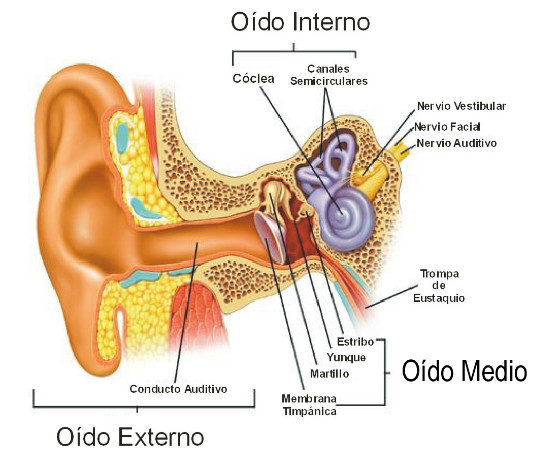
Causes of tinnitus
There are different origins associated with tinnitus. For example, they can be suffered by people who have been exposed to high intensity sounds for a long time. In addition, they are also associated with a build-up of wax in the ear that has resulted in a plug. An injury caused by a blow to the inner ear can also be the cause. In addition to the above, tinnitus is associated with some vascular problems and may be a side effect of taking medication.
They can also arise as a result of another ailment: ear infection, cerumen plugs, cervical or jaw problems, reduced blood supply in the ear, etc...
Treatment of tinnitus
It is important that if you notice any abnormal sound in your ear, you should see your doctor as soon as possible. If possible to the otolaryngologist's office, and if not to your GP's office for a referral to a specialist.
As we have already mentioned, there is no cure or medication yet. The most commonly used therapy for retraining or habituation is known as TRT ("Tinnitus Retraining Therapy"), which focuses not on ending the tinnitus but on getting used to it until you are no longer aware of it. This therapy has an 85% success rate.
You can also fight your symptoms in this way:
- Ear Wax. If the tinnitus is caused by a wax plug, it will help to remove the plug.
- Vascular problem. If it is caused by a vascular disorder, an accurate diagnosis and treatment of the problem in question will be necessary.
- Medication. If this is a side effect of a medication, it will need to be changed if possible.
- Avoid listening to music with headphones, and if you do, turn the volume down.
- Usually avoid noisy places, such as nightclubs.
- Play sports, to reduce stress.
- Keep yourself busy.
- Try not to drink alcohol as tinnitus is usually higher the next day.
- Try not to take quinine (in tonic, for example), aspirin and anti-inflammatory drugs, because they contain substances that are harmful to tinnitus.
On the other hand, hearing aids are the fastest solution today, because they can emit a sound imitating the same frequency as tinnitus, so they cancel it out. This is the same as with noise-canceling headphones, which capture the ambient sound with a microphone and reverse it. In the case of tinnitus, since hearing aids cannot perceive the whistling that everyone hears, most have a built-in bank of sounds from the sea, a waterfall, a breeze or any white noise, whose frequencies usually coincide with those of tinnitus. The idea is to find out from your hearing care professional which sound is best for you and adjust it until you find the exact frequency.
In Claso we have professional experts in tinnitus, ask for an appointment and together we will improve your quality of life.
